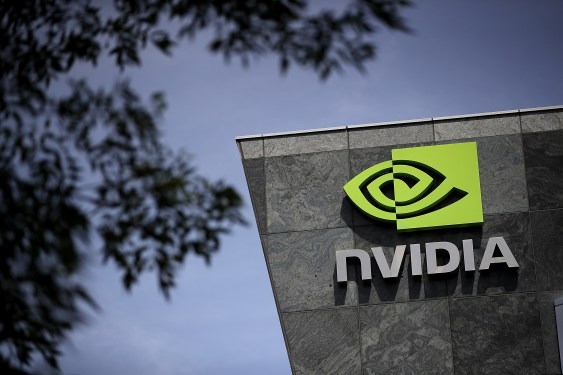Silicon Valley was dominated by headlines this week about massive new investments in AI infrastructure. Nvidia announced plans to invest up to one hundred billion dollars in OpenAI. Shortly after, OpenAI revealed a partnership with Oracle and Softbank to construct five new Stargate AI data centers, adding gigawatts of new power capacity over the coming years. To fund its part in this expansion, Oracle reportedly sold eighteen billion dollars in corporate bonds.
Each of these deals is staggering on its own. Taken together, they illustrate a monumental effort by Silicon Valley to supply OpenAI with the immense computing power required to train and operate future versions of ChatGPT.
In a related development, OpenAI provided a glimpse of the kind of power-intensive features these data centers would enable. The company launched Pulse, a new ChatGPT feature that works overnight to create personalized morning briefings for users. The experience is similar to a news app or social media feed designed for your morning routine, but it currently lacks posts from other users or advertisements.
Pulse represents a new category of OpenAI products that operate independently, even when users are not actively using the app. OpenAI has ambitions to deliver many more features like this and make them available to free users, but the company is constrained by its current server capacity. For now, Pulse is only offered to two-hundred-dollar-a-month Pro subscribers due to these limitations.
This raises a significant question: are features like Pulse compelling enough to justify the hundreds of billions of dollars being invested in AI data centers to support OpenAI? While the feature is impressive, it has a very high bar to meet.
For a deeper analysis of these infrastructure deals, along with discussion on TikTok’s ownership situation and policy changes affecting major tech companies, you can watch the full episode of the podcast.

